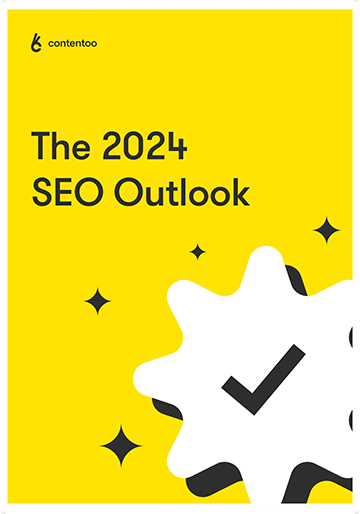Since its release in 1984, Robert Cialdini’s Psychology of Persuasion has helped marketers improve their marketing tactics and strategy, increase conversions and get a better understanding of their customers. If you haven’t heard of the book or are simply too busy actioning your marketing strategy to read lengthy theory, you’re in the right place! Read on to discover Cialdini’s six principles of persuasion and how to apply them to your business.

Reciprocity
Human beings are compelled to pay back what we have received from others, due to our desire for equality and a sense of fairness. Brands use the reciprocity technique to encourage customers to feel indebted to them by giving something away for free, such as a sample or how-to guide to capture their interest or by offering a promotion to make them feel special, such as a discount or incentive.
Commitment
Getting commitment from customers is a big deal for brands. Consumers enjoy being loyal so, providing the product or service continues to satisfy and they feel valued, they’re likely to stay with your brand rather than switching.
Instead of trying to persuade your customers to buy a lot right away, it’s often easier to start small and give them a taste of your product offering, and then encourage them to buy more. Once you have proven your value you can coax them towards the next step of the sales funnel – advocacy – where you can ask them to review your brand on TrustPilot and other platforms, or to share your content on social media.
Social Proof
This powerful principle is based on the fact that people usually trust information that is socially proven, or trusted by others. We see evidence of social proof on a daily basis; influencers on social media, for example. Not every brand has the budget to pay influencers, of course, but consumers also respond well to peer reviews online, which don’t usually have a direct cost, so it’s always worth asking your satisfied customers to rate your products or recommend them to a friend.

Liking
In a nutshell, customers are far more likely to buy a product that has been recommended by someone they like and respect. It’s about establishing trust and credibility as well as relatability. Marketers can harness the power of relatability by using a person or group in their promotional activity that demonstrates they share the same values as the target audience. If you are promoting your sustainability credentials, for example, you’ll want to use an influencer who has demonstrated their commitment to environmental campaigning. Physical attractiveness is also a powerful tool for encouraging liking, such as using models in advertising campaigns.
Getting likes and shares on social media is an obvious strategy for this principle of persuasion, though it’s important to aim for high-quality engagement as well as volume. Modern consumers are wise to brands who try to boost their engagement with unethical tactics, and you don’t want to get caught out.

Authority
Due to social conditioning, people are generally happy to follow authority figures by default, placing trust in them without necessarily having a reason to do so. You may have heard about the Milgram experiment, where volunteers willingly followed instructions from a perceived authority figure, simply because they were wearing a lab coat.
Using authority can be a powerful marketing tool, though naturally, we recommend you only do this in an ethical way. Some credible tactics include using thought leaders or industry experts to produce content or advocate yours and promoting your team’s accolades and achievements on your website and marketing collateral. The general tone of voice you use is important for promoting authority, as is the look and feel of the design aesthetic you choose.
Scarcity
We’ve all received an email promotion that warned us of a limited time to do something or that there is only X left of something we need or want. This tactic appeals to our attraction to things that are exclusive or scarce. Our fear of missing out. Indicating there is a low supply of something or that the offer has a specific end time makes customers believe it is more valuable because not everyone has access to it. This should result in an increase in demand. We all respond to a sense of urgency, after all.



